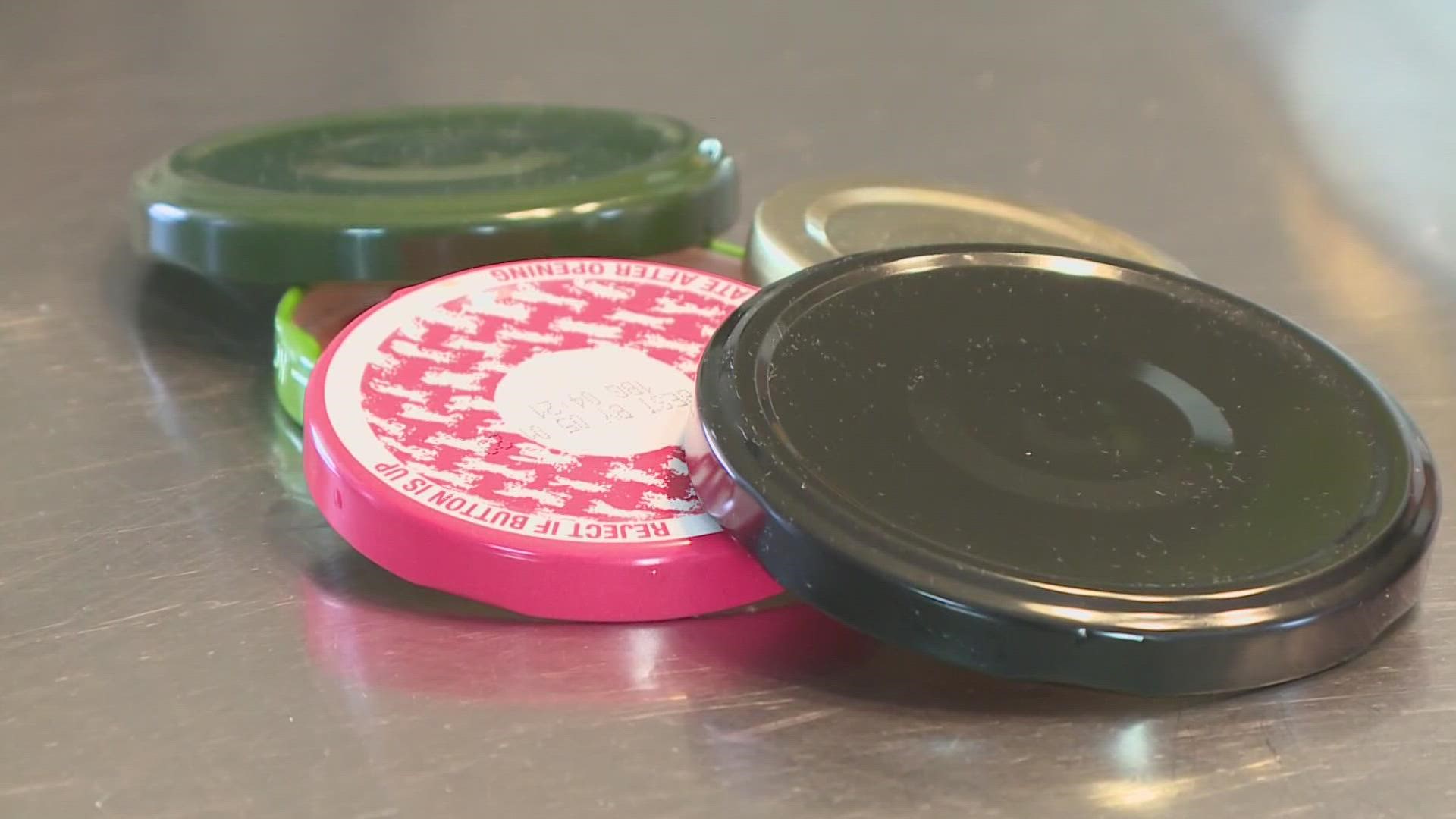MAINE, Maine — Some environmental advocates are raising concerns about the state's decision to delay enforcing a law prohibiting the use of chemicals known as phthalates in food and beverage packaging in Maine.
Phthalates are used to make plastic flexible and are found in food processing equipment. Federal studies show prenatal exposure to phthalates is linked to severe health problems, especially in young children.
Patrick MacRoy is the deputy director of Defend of Health. The environmental advocacy organization helped draft a groundbreaking law banning chemicals known as phthalates in Maine's food and beverage packaging.
"We have had a law on the books for two-and-a-half years. [The] industry has had plenty of time to prepare for it and be aware of it," MacRoy said.
The chemicals used in food processing equipment can leach into food products such as macaroni and cheese, snacks, frozen pizza, and baked goods. Phthalates, which are not required to be disclosed on labels, are also in the lining of jar lids and metal bottle caps.
Federal scientists have expressed concern about phthalates for decades. The chemicals can disrupt hormone production, with pregnant women and developing babies at higher risk for health problems.
The ban was supposed to go into effect on Jan. 1. But in a statement on the Maine Department of Environmental Protection website, regulators are pausing imposing fines for non-compliance with the law because of current economic challenges.
DEP Deputy Commissioner David Madore told NEWS CENTER Maine, "As 2021 came to a close, but the pandemic continued, there were many reports by the Maine news media of empty shelves in grocery stores and increased food insecurity due to COVID impacts on supply chains. Similar supply chain issues were identified a year earlier, when Maine's ban on disposable polystyrene food containers went into effect, which led [the] DEP to offer temporary enforcement discretion for food producers until July 2021."
Mandore continued, "DEP heard again from some food packaging manufacturers and distributors, this time struggling to obtain raw materials needed to produce packaging compliant with the phthalate prohibition. Due to concerns about another food packaging ban exacerbating food insecurity in the face of an oncoming surge in the pandemic, in December 2021, DEP made the difficult decision to again offer temporary enforcement discretion. The prohibition on the sale of food packaging containing phthalates remains in effect as of Jan. 1. Enforcement discretion means only that the department does not intend to pursue monetary penalties for non-compliance for a limited period of time. DEP has been monitoring supplies and observed some recent improvements in product availability. As a result of these latest developments, we will not extend the enforcement moratorium beyond six months."
One of those manufacturers, Crown Holdings Incorporated, which makes glass jar lids, told the DEP in a letter, "That supply chain issues 'make [the] conversion to phthalate-free plasticizers nearly impossible to implement on a normal time frame because Crown needs to procure new materials that have not been historically used by Crown.'"
But advocates like MacRoy said regulators giving manufacturers six months to comply with existing law means more exposure for consumers.
"It's not that [the] individual bottle cap is going to throw someone over the limit. It's the combination of all the phthalates someone is getting in their daily life," MacRoy said.

